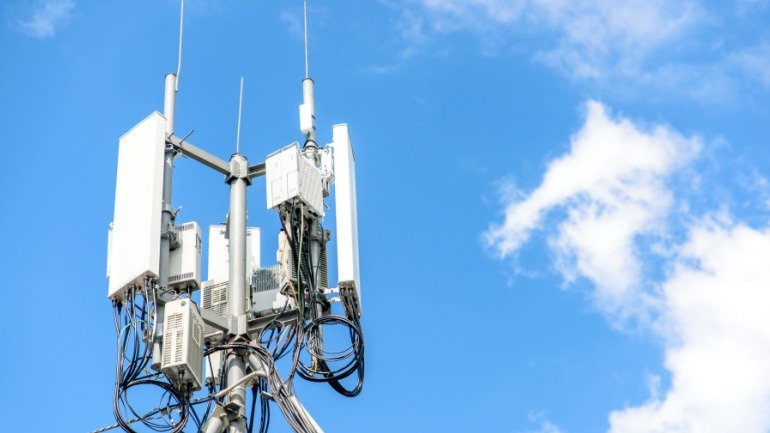AWS has partnered with Gentari for an 80 MW wind project in Tamil Nadu, supporting its goal of net-zero carbon emissions by 2040. This initiative will produce clean energy for AWS’s cloud infrastructure and strengthens its renewable portfolio in India.
Google will invest six billion dollars to build Asia’s largest data center in Visakhapatnam, India. Two billion dollars will fund renewable energy infrastructure. This marks a major step in Google’s regional expansion and supports India’s growing digital ecosystem.
Vodafone Idea has expanded its 5G network to Jaipur, enhancing connectivity in the Pink City as part of its strategic roll-out across 17 telecom circles in India. This 5G deployment follows upgrades to its 4G network, enabling faster speeds and more reliable connectivity.
Bharti Airtel and Ericsson have partnered to expand FWA across India, aiming to boost network capacity and data connectivity. The agreement supports 5G growth, improves infrastructure, and advances digital inclusion while enhancing service quality and efficiency for millions of users.
Vodafone Idea is advancing India’s telecom infrastructure by expanding its 5G network to 23 more cities, including Ahmedabad and Jaipur. This strategic rollout leverages AI-driven Self-Organising Networks for optimized performance. By partnering with Nokia, Ericsson, and Samsung, Vodafone Idea ensures robust 5G coverage.
OpenAI is advancing AI infrastructure in India through its ‘OpenAI for Countries’ initiative, aiming to enhance regional capabilities. Collaborating with Indian officials and the Ministry of Electronics and Information Technology, OpenAI seeks to replicate success achieved in the UAE.
Starlink has secured approval to provide satellite broadband in India, entering a competitive field with Airtel and Jio. Backed by a key license, it must meet strict local data and infrastructure rules before launch. With trial spectrum rights expected soon, Starlink prepares to help bridge connectivity gaps in underserved regions.
Vodafone Idea is accelerating its 5G rollout across India with trials in Delhi and recent launches in key cities. Leveraging advanced energy-efficient infrastructure and AI tools, the company aims to boost network performance while expanding 4G coverage. Strategic partnerships and financial restructuring are central to its revival.
India has introduced strict satellite communication regulations to bolster national security and attract global players. Key mandates include data localization, domestic infrastructure sourcing, and compliance with GPS alternatives. Giants like Starlink and OneWeb must align with these rules as India asserts control over its fast-growing satcom and satellite IoT sectors.
India’s leading telecom operators emphasize the urgent need for a robust spectrum roadmap. As India’s 5G landscape evolves, operators like Bharti Airtel and Reliance Jio highlight current spectrum allocations are insufficient for future demands.













